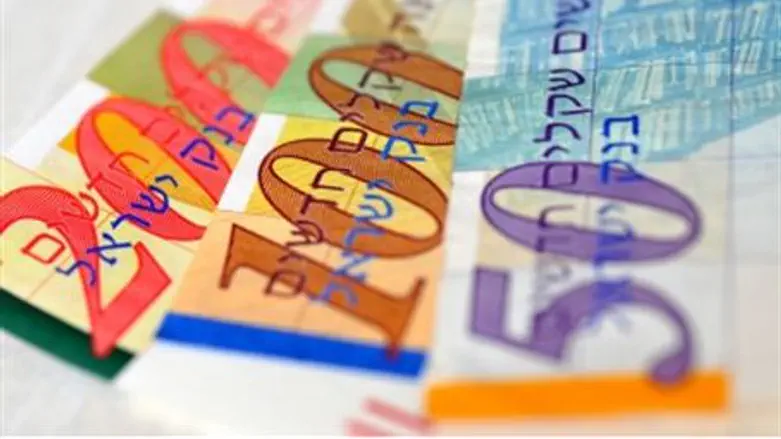
Officials are working on a plan to write off NIS 1.1b in debt in the privatization of government defense company Israel Military Industries (IMI).
Negotiations between a Knesset Finance Committee subcommittee, the Finance Ministry, IMI and the head of the Histadrut Labor Federation have been ongoing for weeks.On Wednesday, a breakthrough was announced by subcommittee chairman MK Shai Hermesh (Kadima) in a briefing to the Knesset Finance Committee, who said, "We are on the verge of a historic deal that will enable the company to recover after years of crisis."
Part of the deal involves the write-off of an estimated debt to the government of NIS 1.1b, due in part to loans to finance the company's routine operations, the purchase of raw materials and payment of salaries. The agreement would designate this amount as an owner's investment.Another component of the deal is the early retirement of 950 employees, estimated to cost the firm some NIS 220 million per year.
Also negotiated was a pay hike and a NIS 850 million safety net for the 1,000 to 1,400 workers who are to remain after the privatization.The settlement, said Hermesh, will enable "hundreds of dedicated employees to retire from the company with dignity." Those who remain will continue to work "with security" after the privatization.
IMI chairwoman Nitza Posner added, "The proposed structure will enable the optimal operation of the company in a way that the buyer will see it as a worthwhile asset with growth engines that offer a business horizon. The state, too, as the shareholder, will be able to optimize proceeds."There is still no agreement on IMI's heavy munitions production line, which the Defense Ministry is insisting on retaining, even though the company says the cost-benefit ratio does not add up.
The government, however, is looking ahead to production for the IDF in times of emergency -- clearly remembering past wars in which foreign aid was shut down and critical weaponry was denied by "allies" when they were needed most.